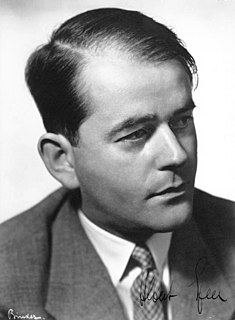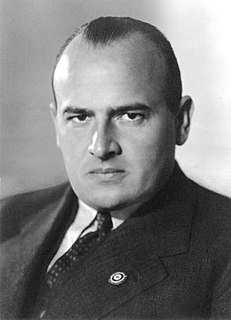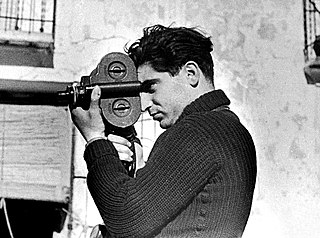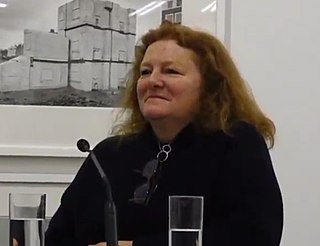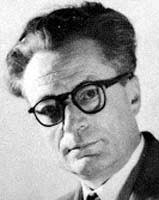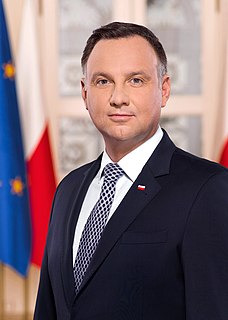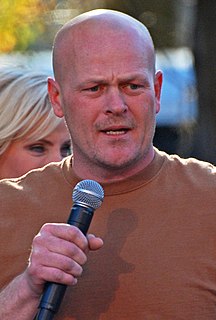A Quote by Martha Gellhorn
There were ten concentration camps in France from 1939 on.
Quote Topics
Related Quotes
In France, at least the German occupation was not especially inhumane, even if there were a number of excesses - inevitable in a country of 550,000 square kilometres... If the Germans had carried out mass executions across the country as the received wisdom would have it, then there wouldn't have been any need for concentration camps for political deportees.
[Albert]Camus had denounced the gulag and Stalin's trials. Today we can see that he was right. To say that there were concentration camps in the USSR at the time was blasphemous, something very serious indeed. Today we think about the USSR with the camps also in mind, but before it just wasn't allowed. Nobody was allowed to think that or say that if you were left-wing.
Then one day I realized that a false picture of the German camps had been created and that the problem of the concentration camps was a universal one, not just one that could be disposed of by placing it on the doorstep of the National Socialists. The deportees - many of whom were Communists - had been largely responsible for leading international political thinking to such an erroneous conclusion. I suddenly felt that by remaining silent I was an accomplice to a dangerous influence.



